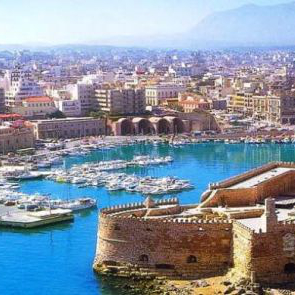Home
Call for Papers
(TXT)
Paper Format
Venue and Accomodation
Main Conference Web Site
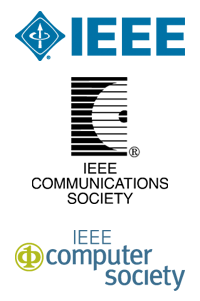
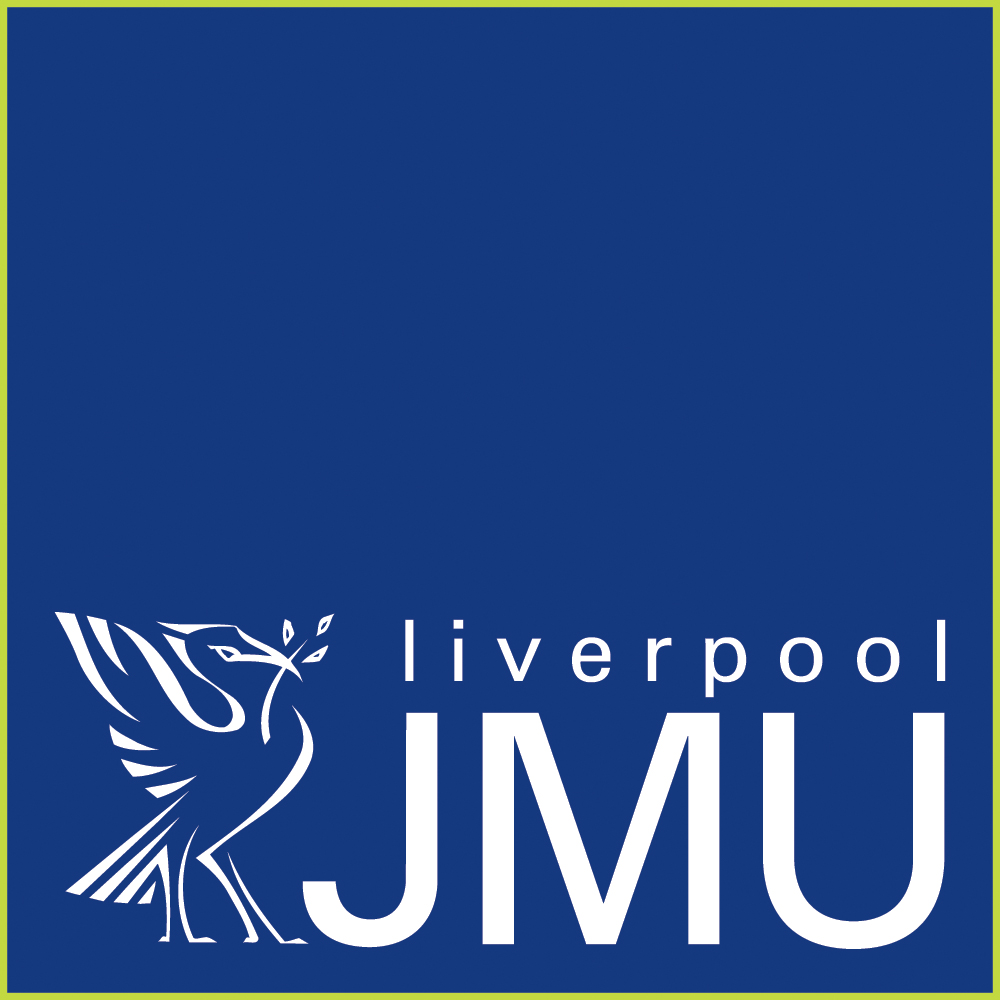
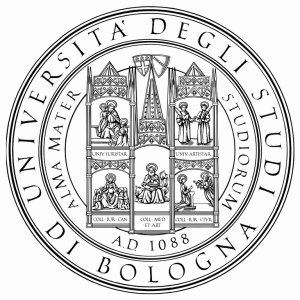
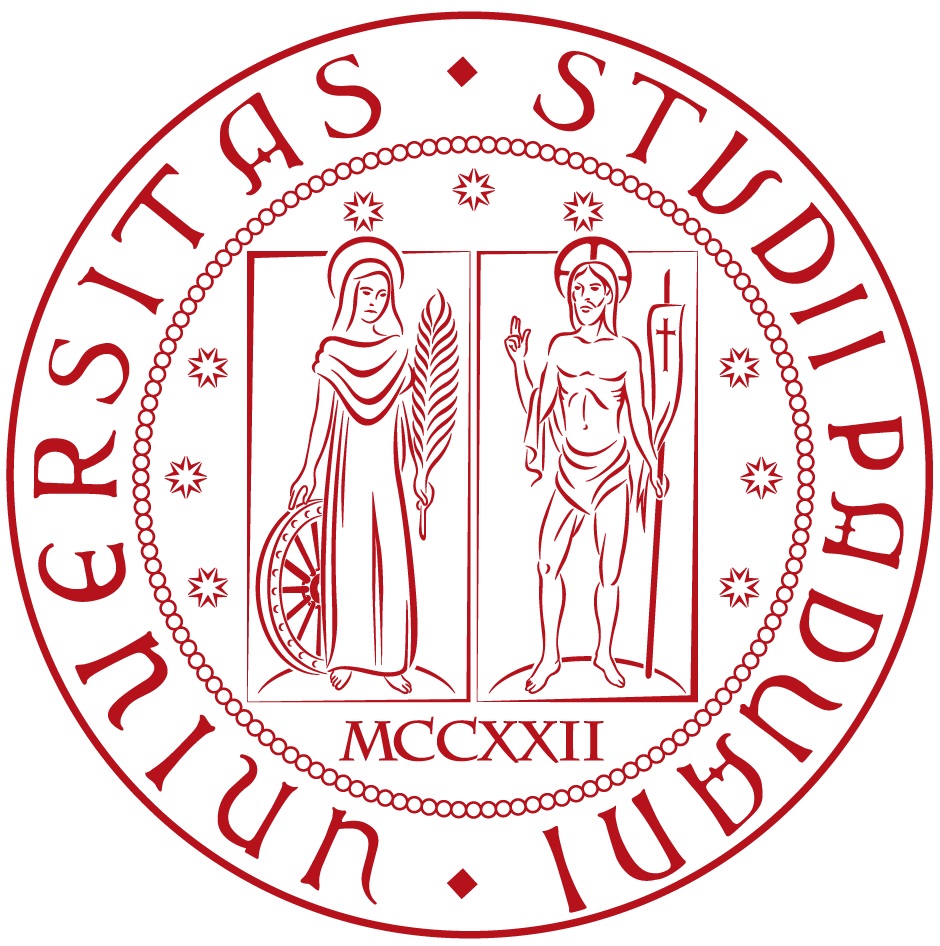

|
Theme and Scope
Digital entertainment become increasingly important; not only as a source of fun but also in serious applications. For instance, games are being used in education, training, decisions support, communication, marketing and even as art forms, enabling people to experience environments and situations that could never be experienced in real life. They can create new social networks in which people from all over the world meet, talk, and play together. They also pose really though challenges in networking that, if properly addressed, could provide useful solutions even for many other networked applications such as distributed environments/simulations, VoIP, Virtual/Augmented Reality, real time control, etc.
New technology, like faster computers and graphics cards, 3D multimedia technologies and systems (for display, audio and haptic systems, etc…), new interface techniques, broadband connections and mobile devices, lead to new entertainment possibilities. But they also put a large burden on those of us who must create such systems. Users get more demanding. They expect not only realistic and immersive graphics and physics but also network interactivity and fairness. They expect gripping storylines and systems that automatically adapt.
This is only achievable by hard work and new research. Research in new 3D multimedia technologies and systems, artificial intelligence, human-computer interaction, automatic scenario design, and networking support. Fortunately, digital entertainment and creative technology is nowadays considered as a serious academic domain and the number of researchers studying these topics is rapidly increasing.
The IEEE Digital Entertainment, Networked Virtual Environments, and Creative Technology Workshop is an excellent opportunity to bring together academic and industry researchers, designers and computer entertainment developers and practitioners, to address and advance the research and development issues related to computer entertainment.
Papers presenting original research and applications are being sought in all areas of digital entertainment and creative technology. Suggested topics include (but are not limited to):
- Mobile, pervasive, P2P and cloud-based games
- Massively multiplayer online games
- Delay tolerant network games
- Network protocols and support for online games
- Online game architectures
- Network traffic measurement and modelling
- Quality of Experience
- Game performance
- Scalability for online games
- Consistency and fairness
- Interactivity, latency and lag compensation
- Cheat detection and prevention
- Messaging and conferencing in games
- User behaviour and social network in games
- Games (Casual, Serious, Mobile, Networked, Alternative Reality, Ubiquitous, etc.)
- Gamification
- Games for art/culture
- Games and feelings
- Game design and GUI
- Storytelling
- Artificial intelligence for games
- Augmented reality games
- Location/context based games
- Games and social networks
- Operating systems solutions for games
- Experiences on large-scale gaming system design and implementation
- Security, authentication, accounting and digital rights management
- System benchmarking, performance evaluation, and provisioning
- User and usability studies
- Multi-processor techniques for games
- Speech and vision processing as user input techniques
- 3D Development tools and techniques
- Cinematography and games
- Story structure (setting, plot, character, theme) in games
- Game production pipelines, Tools and Middleware
Paper Submissions
We encourage researchers from industry and academia to submit original works.
Submitted papers must represent original material that is not currently under review in any other conference or journal, and has not been previously published.
Please refer to the main site for submission guidelines, but use the EDAS link specific for this workshop for the final submission (https://edas.info/newPaper.php?c=23263&track=83979).
All submissions should be written in English with a maximum paper length of six (6) printed pages (minimum 10-point font) including figures. Submission of papers should be regarded as a commitment such that, if accepted, at least one author of the paper will register and attend the conference; otherwise it will be removed from the IEEE Digital Library after the conference.
Short papers up to four (4) pages can be submitted as well.
- IEEE Paper Templates
- EDAS link for PDF submission
Important Dates
- Paper submission due:
March 27, 2017 April 12, 2017 (FIRM deadline)
- Acceptance notification: May 1, 2017
- Camera ready due: May 8, 2017
Organization
General Co-Chairs
- Prof. Abdennour El Rhalibi (Liverpool John Moores University, UK, A.Elrhalibi[AT]ljmu.ac.uk)
- Prof. Claudio E. Palazzi (University of Padua, Italy, cpalazzi[AT]math.unipd.it)
- Prof. Marco Roccetti (University of Bologna, Italy, roccetti[AT]cs.unibo.it)
Steering Committee
- Prof. Abdennour El Rhalibi (Liverpool John Moores University, UK)
- Prof. Madjid Merabti (The University of Sharjah, UAE)
- Prof. Claudio E. Palazzi (University of Padua, Italy)
- Prof. Marco Roccetti (University of Bologna, Italy)
TPC Chair
- Dr. Armir Bujari (University of Padua, Italy)
Technical Program Committee (Tentative)
- Maha Abdallah - Univ. Paris VI, France
- Nadjib Achir - Univ. Paris XIII, France
- Sachin Agrawal - University of Limerick, Ireland
- Robert Aswith - Liverpool John Moores University, UK
- Eduard Babulak - CORDIS European Commission
- Khaled Boussetta - Univ. Paris XIII, France
- Armir Bujari - University of Padua, Italy
- Tony Brooks - Aalborg University, Denmark
- Antonio Caruso - University of Salento, Italy
- Ling-Jyh Chen - Academia Sinica, Taiwan
- Sheng-Wei (Kuan-Ta) Chen - Academia Sinica, Taiwan
- Abdennour El Rhalibi - Liverpool John Moores University, UK
- Stefano Ferretti - University of Bologna, Italy
- Marco Furini - University of Modena and Reggio Emilia, Italy
- Ombretta Gaggi - University of Padua, Italy
- Yacine Ghamri Doudane - LRSM, Ensiie, France
- Sergei Gorlatch - Univ. of Münster, Germany
- Jiungyao Huang - National Taipei University, Taiwan
- Shun-Yun Hu, Academia Sinica - Taiwan
- Wen-Liang Hwang - Academia Sinica, Taiwan
- Uichin Lee - KAIST, South Korea
- Ilias Leontiadis - University of Cambridge, Computer Science Department, UK
- Dario Maggiorini - Univ. of Milano, Italy
- Gustavo Marfia - University of Bologna, Italy
- Madjid Merabti - Liverpool John Moores University, UK
- Graham Morgan - Newcastle University, UK
- Rajae Ouazzani - Ecole Supérieure de Technologie de Meknčs, Maroc
- Claudio Palazzi - University of Padua, Italy
- Zhigeng Pan - Hangzhou Normal University, PRC
- Giovanni Pau - UPMC, France
- Edmond Prakash - Manchester Metropolitan University, UK
- Matthias Rauterberg - Eindhoven University of Technology, Netherlands
- Laura Anna Ripamonti - Univ. of Milano, Italy
- Marco Roccetti - University of Bologna, Italy
- Daniele Ronzani - University of Padua, Italy
- Jose Saldańa - University of Zaragoza, Spain
- Paola Salomoni - University of Bologna, Italy
- Yuanyuan Shen - Liverpool John Moores University, UK
- Mirko Su˛njevic, University of Zagreb, Croatia
- Jo Yew Tham - A*STAR, Singapore
- Yun Ruwei - Nanjing Normal University, China
- Massimo Valla - Telecom Italia Lab, Italy
- Laurence T. Yang - St. Francis Xavier University, Canada
- Qingshu Yuan - Hangzhou Normal University, PRC
|
